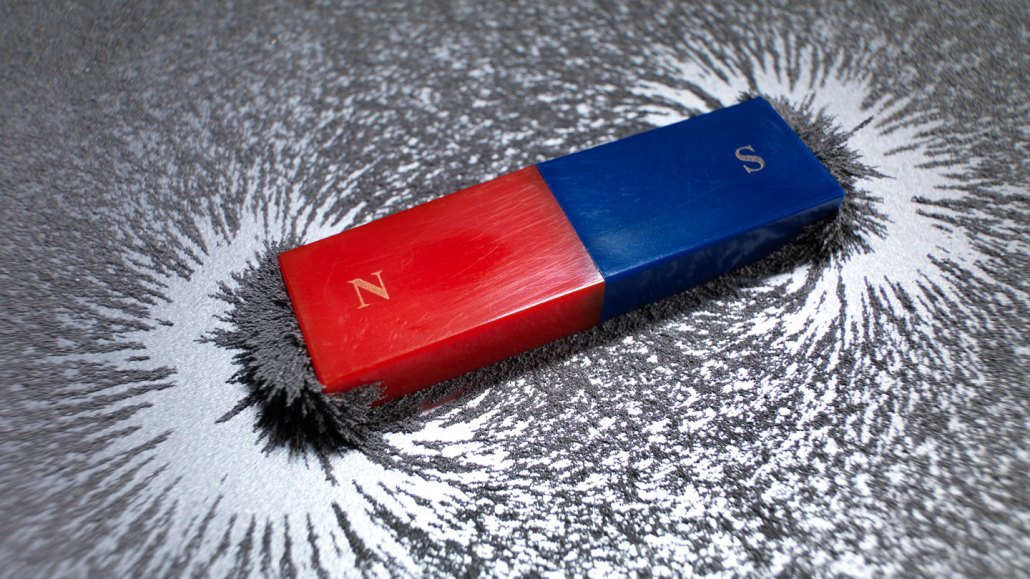atom: The basic unit of a chemical element. Atoms are made up of a dense nucleus that contains positively charged protons and uncharged neutrons. The nucleus is orbited by a cloud of negatively charged electrons.
coil: Concentric rings or spirals formed by winding wire or some other fiber around and around a core; or the shape that such a wire would make.
core: Something — usually round-shaped — in the center of an object.
electric charge: The physical property responsible for electric force; it can be negative or positive.
electric current: A flow of electric charge — electricity — usually from the movement of negatively charged particles, called electrons.
electric field: A region around a charged particle or object within which a force would be exerted on other charged particles or objects.
electromagnetism: The science that has to do with the physical links between electricity and magnetism. It’s also the term for the properties of an electric current that cause it to generate a magnetic field. This term can also be applied to the physical force (the electromagnetic force) that governs interactions between charged particles and which are due to their electric charge and their release or absorption of light (photons).
electron: A negatively charged particle, usually found orbiting the outer regions of an atom; also, the carrier of electricity within solids.
field: (in physics) A region in space where certain physical effects operate, such as magnetism (created by a magnetic field), gravity (by a gravitational field), mass (by a Higgs field) or electricity (by an electrical field).
force: Some outside influence that can change the motion of a body, hold bodies close to one another, or produce motion or stress in a stationary body.
fundamental: Something that is basic or serves as the foundation for another thing or idea.
iron: A metallic element that is common within minerals in Earth’s crust and in its hot core. This metal also is found in cosmic dust and in many meteorites.
liquid: A material that flows freely but keeps a constant volume, like water or oil.
magnet: A material that usually contains iron and whose atoms are arranged so they attract certain metals.
magnetic field: An area of influence created by certain materials, called magnets, or by the movement of electric charges.
magnetic field lines: The lines that surround a magnet (you can see this if you drop iron filings around the edges of a bar magnet).
magnetism: The attractive influence, or force, created by certain materials, called magnets, or by the movement of electric charges.
metal: Something that conducts electricity well, tends to be shiny (reflective) and is malleable (meaning it can be reshaped with heat and not too much force or pressure).
planet: A large celestial object that orbits a star but unlike a star does not generate any visible light.

